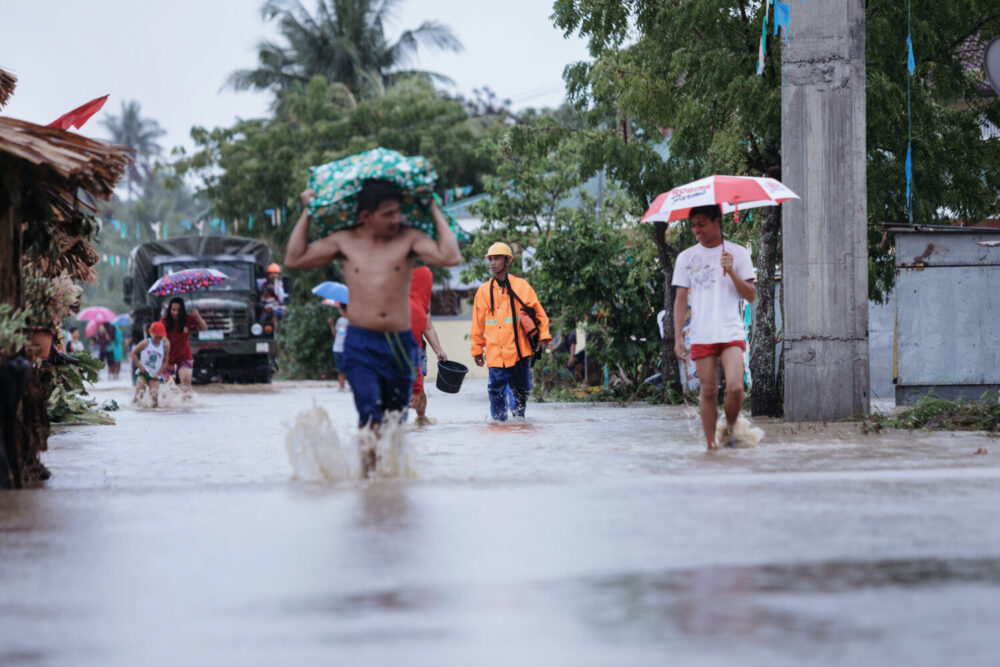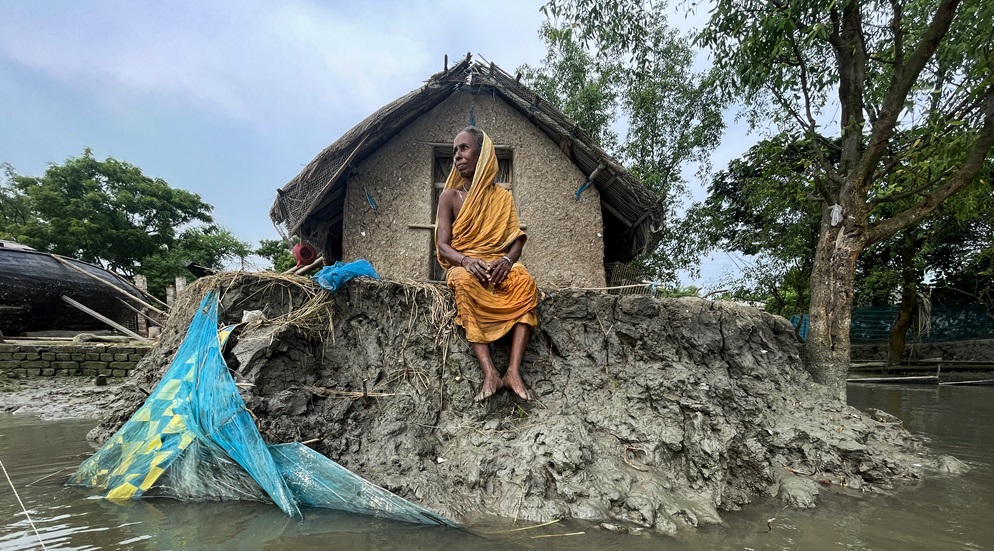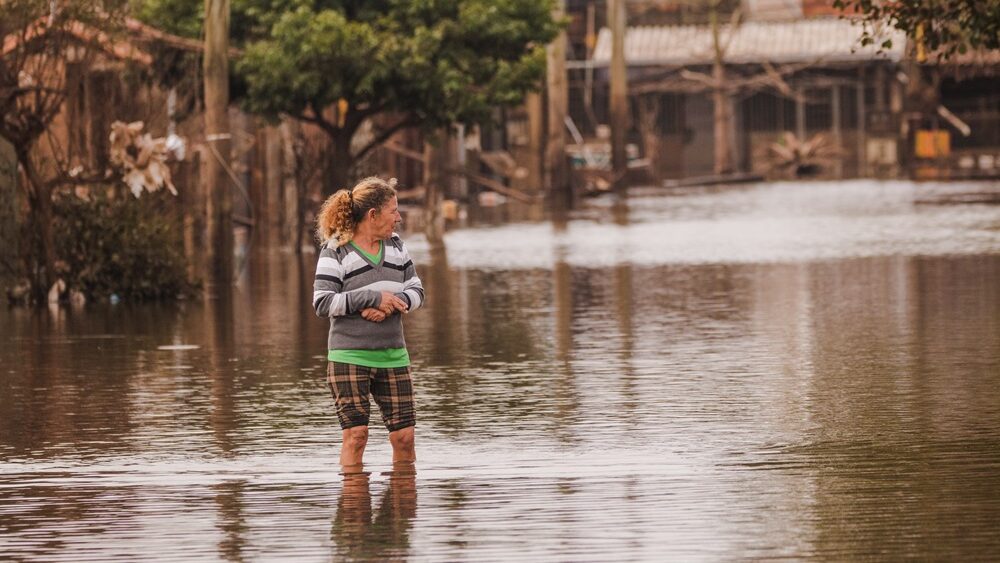Statement by Prof. Walter Kaelin, Envoy of the Chair of the Platform on Disaster Displacement on the occasion of the UNHCR and the Global Compact on Refugees High-Level Officials Meeting
14 December 2021
Chairperson, Excellencies, Ladies and Gentlemen,
On behalf of the Chair of the Platform on Disaster Displacement, the Government of Fiji, let me thank you for inviting the PDD to take the floor.
The PDD is a State-led initiative working towards better protection of people displaced in the context of disasters and climate change, as well as more effective prevention of such displacement. One of our strategic priorities is to support the implementation of global protection frameworks, including the Global Compact on Refugees (GCR).
Climate change is one of the defining challenges of our time. Let me congratulate UNHCR for developing the Strategic Framework for Climate Action, and in particular its focus on law and policy under Action Pillar I. We stand ready to continue working with UNHCR to promote global policies and advance normative frameworks relevant for disaster-displaced persons, and to support States in the application of existing international and domestic tools and standards in this area.
Disaster displacement across international borders very often will not fall within the scope of the application of international or regional refugee protection instruments. At the same time, we agree with UNHCR that people fleeing in such contexts may have valid claims for refugee status. Furthermore, as highlighted by paragraph 63 of the GCR, there are a number of humanitarian protection mechanisms and tools which States can use in such situations. We encourage everyone to use this High-Level Officials Meeting to pledge commitment in this regard.
Let me highlight some practices and opportunities that we pledge to continue to support through joint efforts with UNHCR and other partners. We will support:
- Implementation of existing guidelines and commitments relevant to protecting and assisting people displaced in climate change and disaster contexts. We will do this both from the perspective of international protection as outlined in UNHCR’s 2020 Legal considerations regarding claims for international protection made in the context of the adverse effects of climate change and disasters, as well as on the basis of human rights and humanitarian principles, as for example enshrined in the Climate and Environment Charter for Humanitarian Organizations, signed and supported by UNHCR;
- Promoting the use of policy tools and guidelines for admission and stay in the context of climate change and disasters, including through simulation exercises, trainings, regional frameworks and strengthened linkages with relevant work under the Global Compact for Migration;
- Efforts to ratify and implement the Protocol on Free Movement of Persons in the IGAD Region, in particular Article 16 on facilitating the movement of persons displaced by disasters;
- The development of a regional human mobility framework and/or guide on admission and stay in climate change and disaster contexts in the Pacific.
Thank you for the opportunity to speak to you today.





